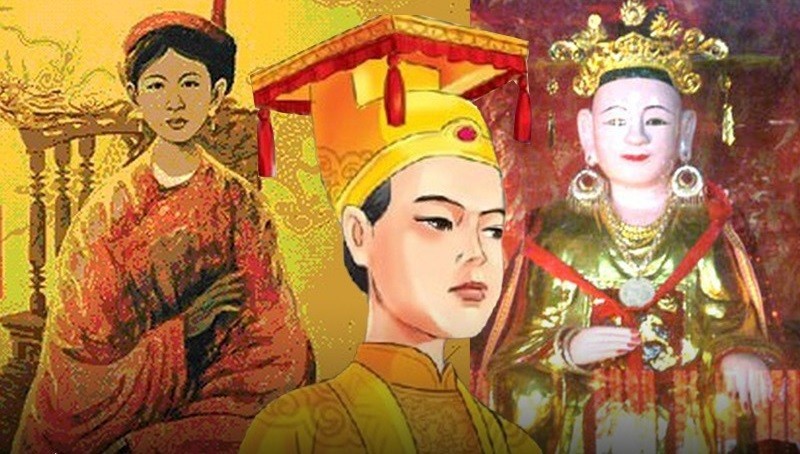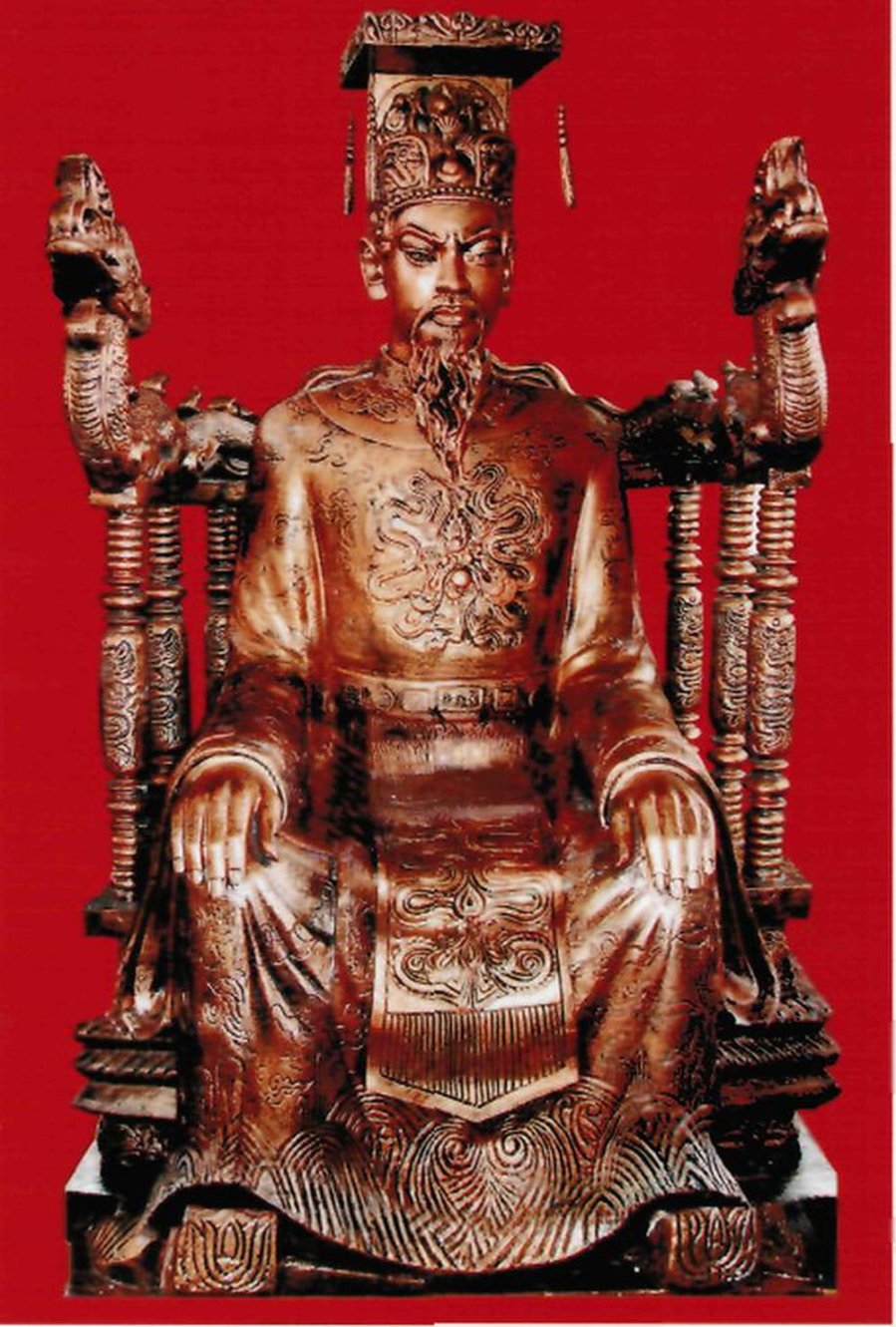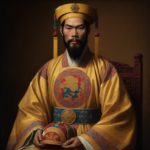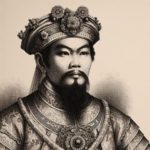Triều Trần shares many similarities with other dynasties of Vietnam such as Lý, Lê, Nguyễn, but Trần Cảnh is not called Trần Thái Tổ. Under the rule of the Lý and Trần dynasties, Buddhism was highly respected and kings often abdicated the throne to their children after a period of rule to become monks, taking on the role of Thái Thượng hoàng and “cultivating virtue” for future generations. In 1224, under the pressure of Trần Thủ Độ, Lý Huệ Tông handed over the throne to his 6-year-old daughter, Lý Chiêu Hoàng, and then entered Châu Giáo Pagoda to practice Buddhism.

During her reign, Lý Chiêu Hoàng was constantly weak and ill for over six months. Many skilled doctors were invited to treat her, but to no avail. During that time, Trần Cảnh, the son of the official Nội thị Phán thủ Trần Thừa and the same age as the queen, was brought into the palace to serve as the Royal Chancellor for the queen. The presence of Trần Cảnh reduced the queen’s illness. One day, Chiêu Hoàng threw a ceremonial cloth to Trần Cảnh, a meaningful gesture in Vietnamese culture, and Trần Cảnh reported it to Trần Thủ Độ. Trần Thủ Độ took this opportunity to consolidate the power of the Trần family in the palace and declared that the queen was married.

Under the guidance of Trần Thủ Độ, the process of transferring power from the Lý family to the Trần family was completed on the 11th day of the Chạp month, 1225. Lý Chiêu Hoàng officially handed the throne to her husband, Trần Cảnh, marking the beginning of the Trần dynasty.

The reason Trần Cảnh is not called Thái Tổ but Thái Tông is because his position was arranged through the influence of three powerful individuals in the Trần family: Trần Thừa, Trần Thủ Độ, and Trần Thị Dung. Trần Thừa, the father of Trần Cảnh, was honored as Thượng hoàng despite never ascending to the throne. Trần Thừa made significant contributions in strengthening the Trần dynasty and rebuilding the country during his time as Thượng hoàng. He passed away in 1234 and was posthumously honored as Thái Tổ of the Trần dynasty after 12 years since his death.


































